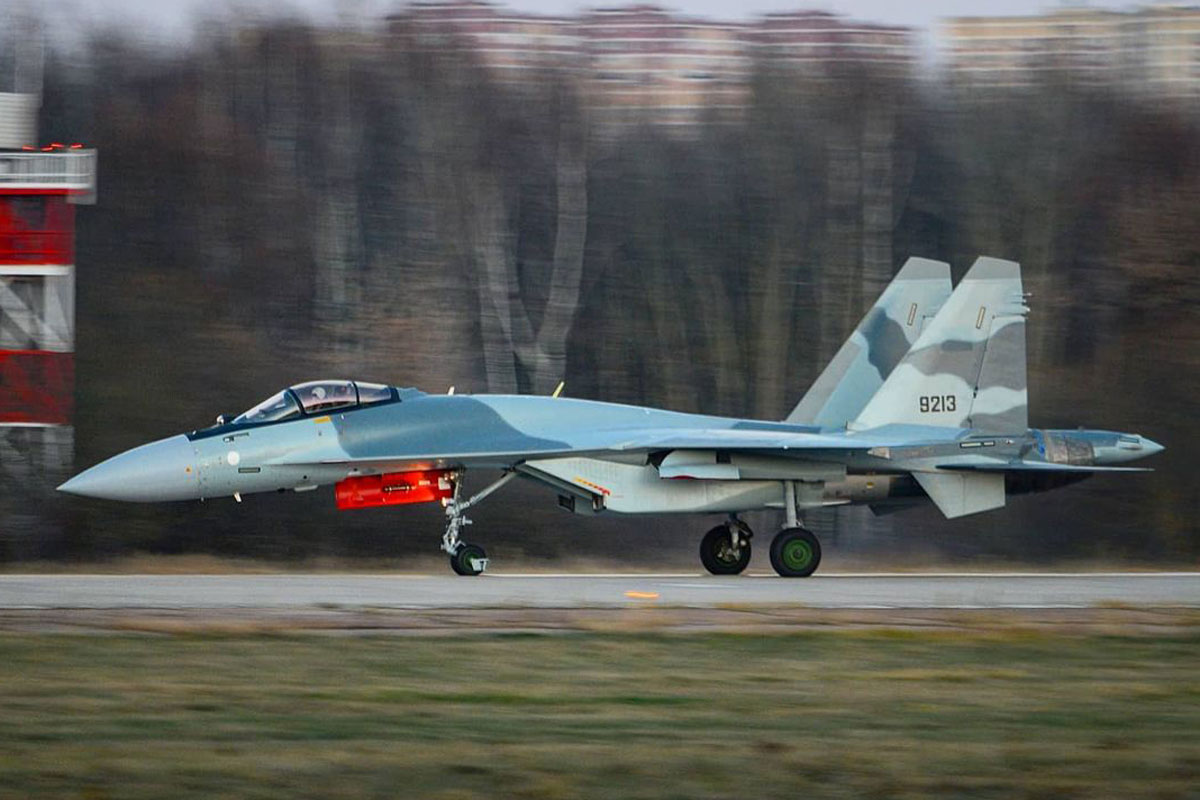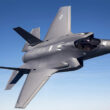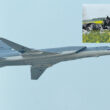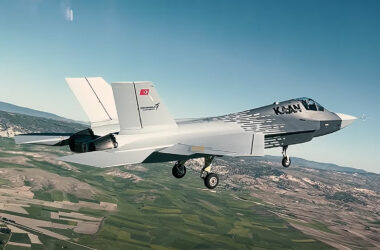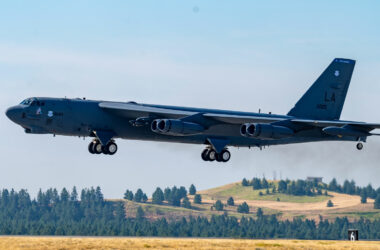Rumors of the delivery of Sukhoi Su-35S fighters to Iran have persisted for years, but so far no aircraft has actually been confirmed on Iranian territory.
In recent days, however, the Student News Network (SNN), which is affiliated with the Islamic Revolutionary Guard Corps, stated that Russia was expected to send the first batch of Su-35S this week.
However, Iranian authorities denied the information while SNN subsequently deleted the report.
This is not the first time that the long-awaited delivery of Su-35S fighters has been suggested, but later denied. In January 2023, an Iranian official predicted that the first supersonic jets would be delivered in March, but there was no subsequent confirmation.
It is understood that Iran and Russia have entered into a deal that includes at least 24 Su-35S Flanker fighters, Mi-28 combat helicopters and Yak-130 trainer jets.
In return, Iran provided hundreds of Shahed drones to be used by Russia in attacks on Ukraine. Only Yak-130s were seen in the country.
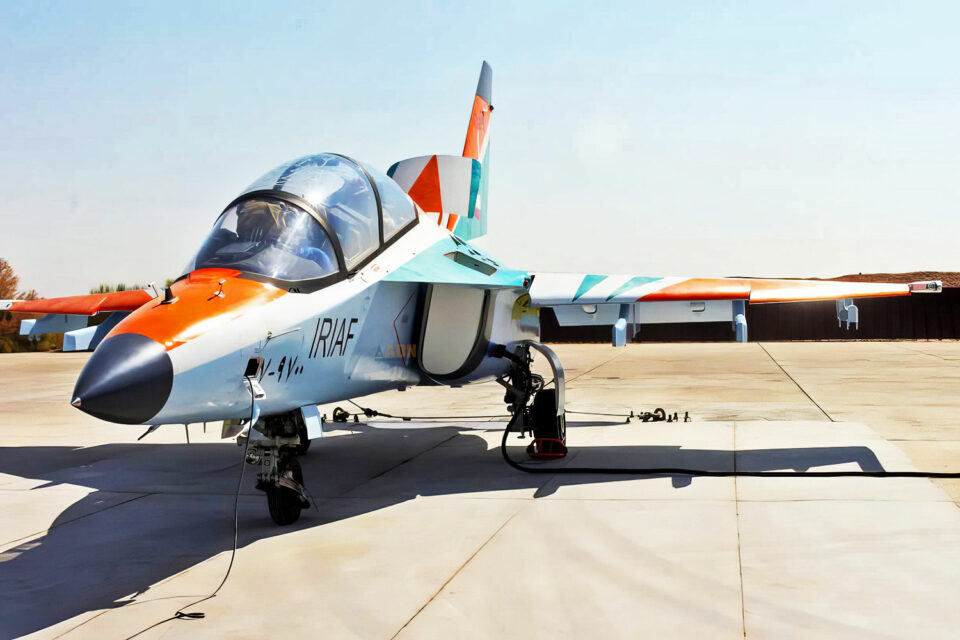
Former fighter jets from Egypt
The sale of Su-35S fighters to Iran would involve sending originally manufactured aircraft to Egypt. Several of these jets were parked at a Russian air base.
The Su-35S is an upgraded variant of the Su-27 ‘Flanker’. It has improvements such as AESA (active electronically scanned array) Irbis-E radar, IRST (Infra-Red Search and Track) system and Khibiny radar jamming system.
Follow Air Data News: WhatsApp | Google News | Instagram | LinkedIn | Twitter | Facebook
The aircraft can carry several advanced missiles such as the long-range R-37M. The fighters are expected to be based in Isfahan, a city in central Iran, where Tactical Air Base (TAB) 8 is located.

The IRIAF has not received new fighter jets since the 1990s, when Russia sent MiG-29s to Iran. The 19 Russian fighters share space with a variety of combat aircraft that include the also Russian Su-24, the Chinese F-7, the French Mirage F-1 and the old F-4, F-5 and F-14 delivered by the USA before the Islamic Revolution in 1979.
The recent clashes between Iran and Israel would have made the Iranian government put pressure on Russia, however, the Putin government maintains relations with the Israelis and would have avoided getting involved, according to Forbes.

